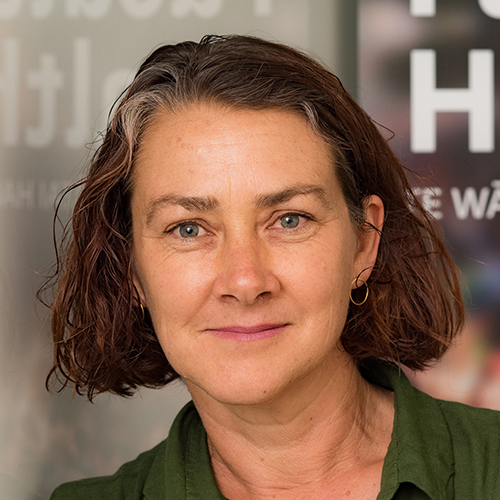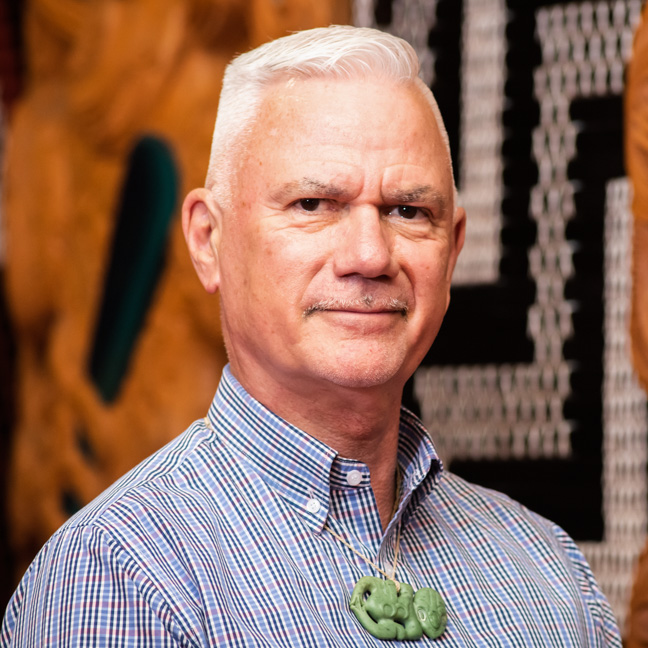Telehealth and digital tools for mental health
This research explores the impact of internet use and gaming on mental health and asks how can it better be used to support wellbeing.
Improving the impact of digital tools for mental wellbeing in communities
Two projects have been run in collaboration with Te Hiringa Hauora, the Health Promotion Agency of New Zealand, and Te Herenga Waka students and staff in Health, Design, Psychology, Pacific Studies, and Māori Health.
Download reports of the two projects:
- Stocktake of digital mental health apps, websites, and e-therapies in New Zealand
- Community research project and report on opportunities to improve the impact of digital tools for mental health and wellbeing.
Telehealth, protect the bubble: mental health service delivery during COVID-19
In collaboration with the Wellington region’s Mental Health, Addiction and Intellectual Disability Service, Dr Tara Officer has been investigating the use of telehealth in delivering outpatient mental health services throughout periods of lockdown/ social distancing caused by COVID-19.
The team are exploring client and clinician perspectives, and also looking across administrative data to understand how service usage patterns have changed as a result of moving towards using telehealth.
Lecturer in Applied Health Science
School of Nursing, Midwifery and Health Practice
Helping students sleep well
SleepWell is a new sleep app designed by software engineering students to provide relaxation tools such as sounds, audio tracks, stories, and activities designed to help students de-stress.
Students developed the app as part of their 300-level engineering course in project management (ENGR301/302). They collaborated with researchers in the School of Health and the School of Design Innovation.
Read a news article about SleepWell.

Fabi Ormerod
Gaming for mental health
PhD student Russell Pine is exploring how casual video games can be used as a tool to promote psychological wellbeing among adolescents. His game, Match Emoji, uses micro-messages to engage users in noticing and responding to their mental health.
Find out more about Russell’s research on the Researchgate website.

Russell Pine
Optimising our digital mental health, addiction and wellbeing ecosystem
We have dozens of high quality, free to use, publicly available websites, apps and e-therapies for mental health in New Zealand. However, the sector is fragmented. Communities don’t know which tools they can trust.
In this paper, Dr Terry Fleming, Anna Elders (Just a Thought & the Digital Wellbeing Industry Group) and Ryl Jensen (Digital Health Association) explore the current context and next steps for a robust and impactful digital mental health, addiction and wellbeing ecosystem in Aotearoa New Zealand.



